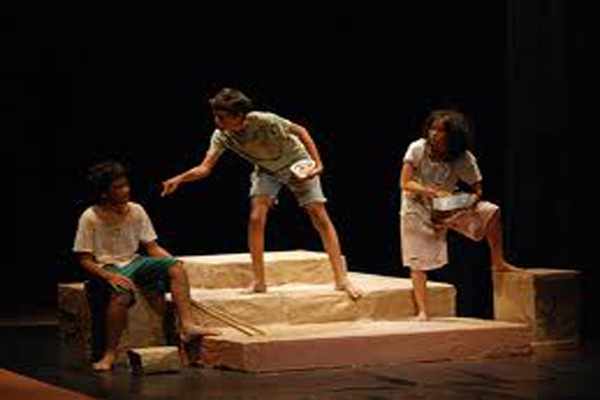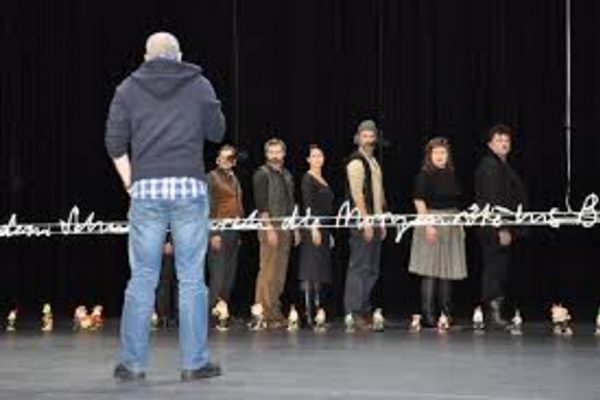The Directors’ Theatre Course is a refreshing, dynamic and highly inspiring intensive theatre course specifically designed to engage anyone who has a passionate and disciplined hunger to develop, devise and /or direct creative theatre art!
The course is designed in response to the many requests to offer a short, practical course to explore and develop personal skill and experience within the disciplined process of creating a quality piece of performance theatre art. The metamorphosis from, ‘just a thought/idea’ or ‘simply words on a page’ into radical and heart-felt life, that makes a deep and lasting impression in the lives of our audience.
Directing and devising theatre is an art! And all ‘art’ is subjective. If you are eager and excited enough to explore different approaches, ideas and concepts that reflect the meaning, heart, story, and life of a scene or play; to wrestle with the relationship between, director, actor, script and stage; to offer and experience for yourself, how a tiny detail can make a hugely impacting difference to the mood and meaning of how a theatre piece unfolds and is received…then this course is for you!
The Directors’ Theatre Course centres around three primary sections: Text analysis, Staging /Blocking and Composition & Production.
Text Analysis
Concentrates on dramatic form. A series of scenes from plays of varying styles is discussed and analysed. The participant/director is encouraged to see each scene as a sequence of events that is dynamic and in-motion. As the director comes to more fully understand the significance of the events and depth of the character(s) which comprise the scene or play, he/she arrives at a conceptual understanding of the scene/play that is rooted in the play’s dramatic structure.
Staging / Blocking
Focuses on stage configurations and composition requirements. Each participant/director begins work on a scene from a play and begins to translate his/her ideas about the play/scene into stage action. Methods of working with the actor in the rehearsal process are also discussed and practically explored as an integral part of this process.


